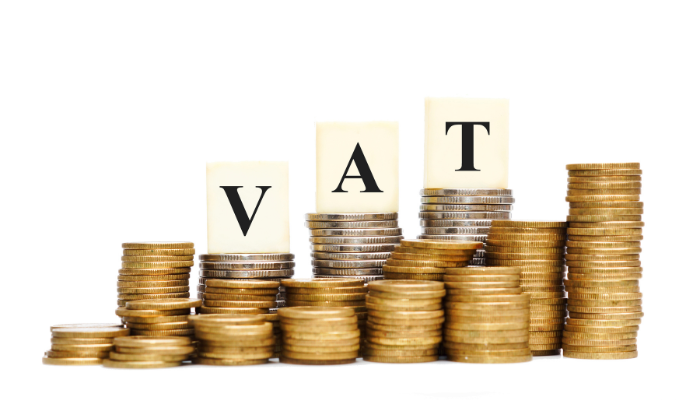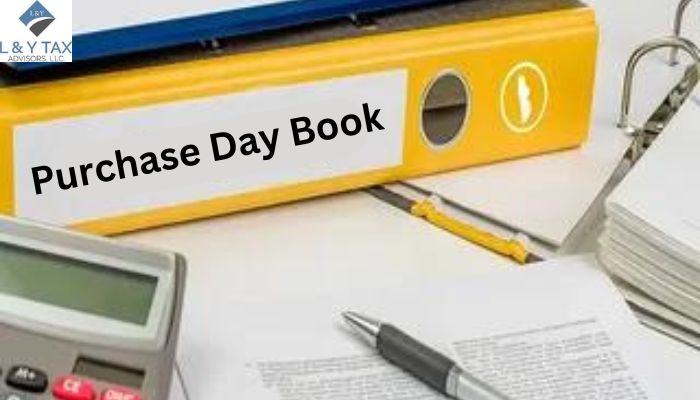
What is a VAT Number in the US?
Tax payment is a mandatory and unavoidable part of life regardless of the country you’re living in. Whether doing a job or running a business, consulting with professional tax advisor services is essential to know the basic terminologies of taxation and finances, such as VAT numbers. Do you know what is a VAT number in the US? Is this number used in America? Let’s find out!
You must have heard the ‘VAT number’ in your routine conversations about finances, business, taxation, and commercial transactions. Unlike in other countries, the notion of a Value-Added Tax (VAT) number isn’t directly implemented in the United States. Instead, the United States has a unique tax structure focused on sales taxes and employment identification numbers.
An Insight to VAT Number
A VAT or value-added tax identification number is a unique identity granted to firms operating in areas with a value-added tax system. This number enables organizations to engage in international commerce and transactions inside the EU (European Union) or other VAT-implementing sites.
Now that you have the basic concept of what is a Company VAT number in the US – which is implemented in another form – let’s discover the taxation process of the US.
The US Tax System
In contrast to nations that use VAT, the United States has a sales tax regime. Businesses in the United States usually are required to get an Employer Identification Number (EIN) or a Taxpayer Identification Number (TIN) instead of a VAT number.
Employer Identification Number (EIN)
The Internal Revenue Service (IRS) provides a nine-digit number to businesses and other organizations operating in the United States for tax reporting reasons. This number is called an Employer Identification Number (EIN) or Federal Tax Identification Number.
Businesses use this number to pay taxes, create a company bank account, or recruit new personnel. It is critical for recognizing a business entity in federal tax returns.
Taxpayer Identification Number (TIN)
A TIN is a generic phrase that refers to numerous identification numbers used for tax reasons by people and corporations. It comprises the EIN for corporations and individual Social Security Numbers (SSN). The EIN is the primary TIN for companies.
The Significance of EIN and TIN
The EIN and TIN are essential for firms operating in the United States. They aid with correct tax filings and business account establishment and are frequently necessary for many legal and financial operations.
How Do I Find My VAT Number in the USA?
While VAT figures are essential in nations with a VAT system, there isn’t any direct equivalent in the US tax structure. Due to a lack of a VAT system, firms operating entirely within the United States do not usually require a VAT number for domestic transactions.
What Is a VAT Number In The US?
We are tax compliance specialists. We have dealt with various types of questions regarding VAT. Many customers even seek our advice on VAT numbers within the United States. In reality, there are zero VAT numbers within the United States because the country does not use VAT!
In lieu of a VAT number, US businesses receive a sales tax permit, also known as a seller’s permit, and a company tax identification number. Sales tax works at the state level (not the federal scale), so the business has a unique tax ID in every state it’s registered in. Discover more about how sales tax functions across the US.
DO I NEED A VAT NUMBER?
The requirement for a VAT number comes into play if your sales are above the threshold for tax registration in one specific country. Once you reach a certain threshold, you can legally file to pay taxes and get registration numbers. The threshold amounts differ based on the type of product you are selling.
The registration thresholds and the need to monitor sales in each nation make monitoring your sales crucial to ensuring tax compliance. It is a tediously repetitive and costly aspect of operating an online company.
L&Y Tax Advisor will benefit you by keeping you informed about thresholds and tax registrations for new taxes. The application tracks your revenue in all countries and can tell you when you’ll reach a registration threshold. If your business has to be registered for VAT in a different country, you’ll be notified in a matter of minutes!
After registration, L&Y Tax Advisors can also benefit from complying with all tax laws worldwide. Quaderno is tax-compliant software that handles taxes on sales, VAT, and GST for a variety of enterprises. It calculates taxes automatically, validates VAT numbers for B2B sales, generates invoices in a timely manner, and also provides quick tax reports across diverse channels for the sales of any country.
The Bottom Line
Summarizing the discussion on ‘What is a VAT number in the US?’, it is concluded that a VAT number is essential in countries with a Value-Added Tax system. However, the tax structure in the United States differs. For tax reasons, businesses in the United States primarily rely on an Employer Identification Number (EIN) or a Taxpayer Identification Number (TIN).
Our best tax consultant Houston Services feels honored to walk you through these differences. Your business must navigate the complicated terrain of taxation and compliance. Doing so ensures that you satisfy the criteria for seamless operations in Texas and nearby areas.


